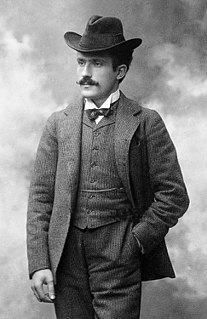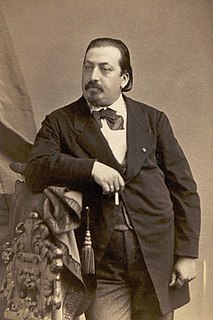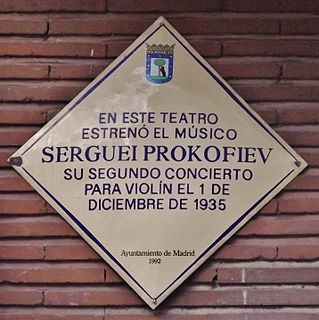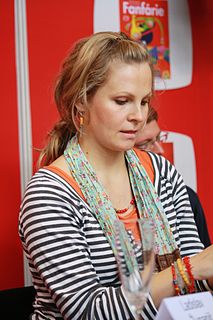Le baruffe chiozzotte, Op. 32, is a concert overture by Leone Sinigaglia written in 1907.
Leone Sinigaglia was an Italian composer and mountaineer.
It was introduced in Milan under Arturo Toscanini's baton in the spring of that year. Based on the comedy Le baruffe chiozzotte by Carlo Goldoni, it is a spirited work that opens with brilliant subject for full orchestra. A subsidiary theme, more serene in nature, provides contrast. The second main subject of the work is a folk song, first heard in the oboe; it is soon taken up by the first violins. With the quickening of tempo the music becomes more vivacious, with a chattering figure in the woodwinds and violins. The folk song returns, as does the initial theme, leading to a brief coda which concludes the work.

Milan is a city in northern Italy, capital of Lombardy, and the second-most populous city in Italy after Rome, with the city proper having a population of 1,372,810 while its metropolitan city has a population of 3,245,308. Its continuously built-up urban area has a population estimated to be about 5,270,000 over 1,891 square kilometres. The wider Milan metropolitan area, known as Greater Milan, is a polycentric metropolitan region that extends over central Lombardy and eastern Piedmont and which counts an estimated total population of 7.5 million, making it by far the largest metropolitan area in Italy and the 54th largest in the world. Milan served as capital of the Western Roman Empire from 286 to 402 and the Duchy of Milan during the medieval period and early modern age.

Arturo Toscanini was an Italian conductor. He was one of the most acclaimed musicians of the late 19th and of the 20th century, renowned for his intensity, his perfectionism, his ear for orchestral detail and sonority, and his eidetic memory. He was at various times the music director of La Scala in Milan, the Metropolitan Opera in New York, and the New York Philharmonic. Later in his career he was appointed the first music director of the NBC Symphony Orchestra (1937–54), and this led to his becoming a household name through his radio and television broadcasts and many recordings of the operatic and symphonic repertoire.

Le baruffe chiozzotte is a play by the Italian playwright Carlo Goldoni, first performed at the Teatro San Luca in Venice in January 1762. It deals with the comic struggles between two groups of fishermen in the lagoon-mouth village of Chioggia brought on by the love affairs of the younger generation. Written in a dialect even more exotic than Venetian, the comedy is intensified by the presence of a hapless young Venetian official, who is helpless to enforce order on the sly inhabitants he is supposed to keep under control.









